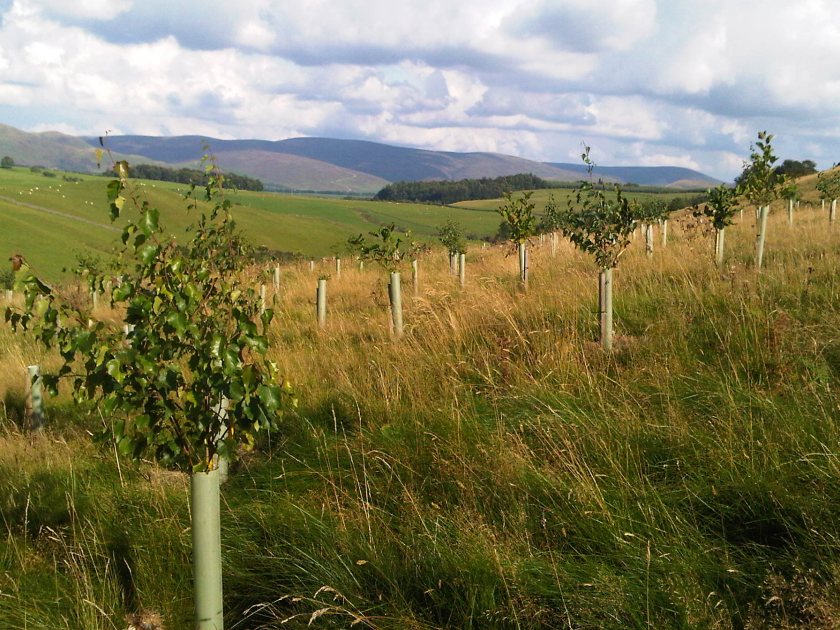
Two key UK-wide carbon markets have joined forces to create a 'one-stop-shop' for woodland and peatland carbon schemes.
The UK Woodland Carbon Registry and UK Peatland Code have come together to form the new UK Land Carbon Registry.
Interest in carbon credits for both woodland and peatland schemes has grown rapidly over the past year.
Many companies are looking to compensate for their residual emissions through nature based solutions.
The new UK Land Carbon Registry will help to create a more joined up marketplace, making it easier for companies in the UK to play their part in tackling climate change.
Government Forestry Minister Lord Goldsmith, said: “This new joint registry will support nature-based solutions to the climate and biodiversity crises by making it easier for investors to offset emissions.
"This builds on our existing support for the domestic carbon market, driven by our Woodland Carbon Guarantee scheme which provides landowners additional long-term income for capturing carbon through new woodlands.
“Well-managed woodlands and healthy peatlands play essential roles in helping us to reach net zero.”
Around 12,000 large businesses across the UK now have a statutory duty to report their greenhouse gases alongside their annual accounts.
This has spurred on many companies to seek ways to compensate for their residual carbon emissions.
The increase in demand will, in turn, drive more private sector investment into creating more woodlands and peatland restoration programmes across the UK.
Currently, around 526 woodland creation projects have registered with the UK’s Woodland Carbon Code, with 40 percent being in Scotland.
This represents a doubling of projects compared to the past year alone and these registered projects are predicted to sequester over eight million tonnes CO2 over their lifetime.
Scotland’s Rural Economy Secretary Fergus Ewing said the Scottish government was 'committed' to seeing the rate of peatland restoration programmes grow.
“We recognise the role that woodlands and carbon sequestration have to play and wish to see an increase in the size of the woodland carbon market by at least 50% over the next five years.”
Interest is also booming for the Peatland Code which has also seen a doubling of the number of registered projects in the last year – bringing the total to 24 projects.
There are currently four validated projects which will reduce emissions from degraded peatlands by around 100,000 tonnes CO2e over their lifetime.
Landowners who validate their woodland or peatland restoration schemes to either standard can have all their projects and carbon units in the one place - the UK Land Carbon Registry.
Carbon units can then be sold on to companies wanting to compensate for their residual emissions.
